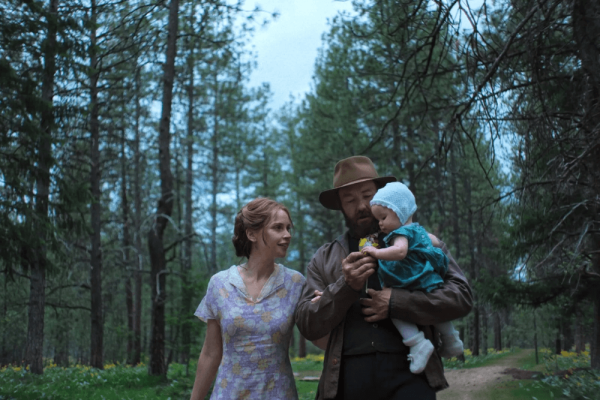SOMETHING WONDERFUL is happening in popular cinema: a new psychological depth married to kinetic technique that seems to emerge from filmmakers’ willingness to show their vulnerability. Notice how First Man is far more than a moon landing epic; it’s massively about the heart. Blindspotting takes racism more seriously than it takes itself. And Leave No Trace doesn’t settle for catharsis but invites us to do something in response to the brokenness on screen. There are dozens more films like this.
The psychological depth and open vulnerability of these films are mirrored in the way we talk about movies. It’s easy to find good film criticism that tells us about the writer’s life, and conversation about how cinema interacts with the world is no longer exclusively an elitist game.
But our favorite films don’t just tell us what we think about the world: They tell us something about what we think of ourselves. If what we pay attention to shows us what we love, it may also show us what we allow to love us. It bears exploration: What do our favorite films say about who we are, who we want to be, how we see the world, and what we feel we deserve? What are they inviting us to become?
What stands out for me is how Faces Places shows me how to look at the everyday world and see the miracle of what it really is, Stories We Tell shows me how to forgive, Lone Star shows me how to not let how I think about the past destroy the future, and The Fisher King reminds me that everyone is fighting a difficult battle and deserves empathy. More recently, the mighty housekeeper, Cleo, in Roma shows us nothing less than how to love, and in Never Look Away we are asked to face everything that life brings, asking if all tragedy invites a choice—even if the choice is limited to the journey of making peace with the life we did not have.
And, most of all, there is the protagonist of Babette’s Feast, who pours herself out for the sake of a community that needs to wake up. She invites me to be hospitable, both to my own struggles and the beautiful complexities of everyone I meet. I’m asking myself a simple question these days: Who is this film inviting me to be?

Got something to say about what you're reading? We value your feedback!







